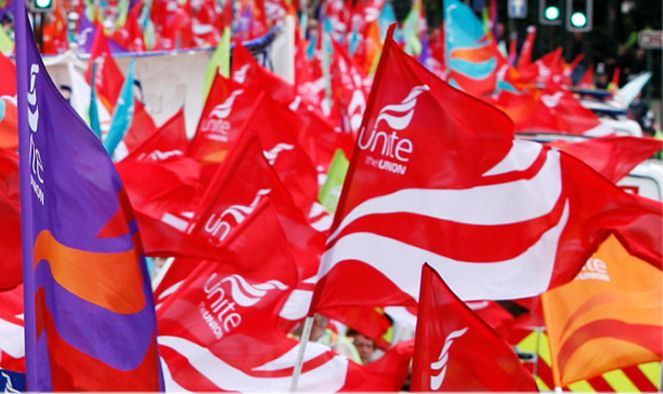Penguin goes â€over the top’
The world’s biggest publisher, Penguin Random House, has announced it is to end its collective agreement with the unions and intends to push through changes which will erode staff members’ redundancy terms.
The company – which made record profits last year – has collective agreements with the National Union of Journalists and Unite and which have both recently been in talks between Penguin DK and Penguin Random House (PRH) to modernise and extend the union recognition across the Penguin Random House Group in London.
Three years ago Penguin and Random House completed a ÂŁ2.4bn merger to create the biggest book publisher in the world. It has published many blockbusting titles including the recent smash, Girl on the train, which has been made into a major film.
Talks with Penguin DK staff had looked positive, but PRH said it was not prepared to honour the collective redundancy terms for the Penguin staff. These terms originated from Pearson, a 49 per cent stakeholder in PRH and the former employer of Penguin DK staff.
Unite and the NUJ asked PRH to discuss the matter under the auspices of the arbitration service Acas, but the company failed to respond.
The unions say they will now be campaigning to protect the contracts of current staff and to restore their union agreements through the Central Arbitration Committee, the statutory body which adjudicates trade union recognition and collective bargaining. Where more than 10 per cent of the workforce is in the union, and the majority of the workforce demonstrates its support for a union agreement, the unions can be legally recognised and the agreements restored.
“Many of Penguin Random House’s authors and readers will be disturbed to hear about this turn of events,” said Fiona Swarbrick, NUJ national organiser.
“The unions’ agreement allowed the staff to negotiate pay and conditions with the publisher and it has, to date, been a positive relationship. By de-recognising the NUJ and Unite, PRH has blatantly disregarded the views and wishes of its employees and has significantly damaged the good reputation of the business as being one which cares about people.”
Louisa Bull, Unite regional officer, agreed. She said, “PRH, the publishers of Girl on the train, have now gone over the top in attempting to end the long-standing collective agreements with the unions.
“Unite will strongly oppose this hard-line stance by the management to erode employees’ redundancy rights. This is the thin end of the wedge that could lead to further erosion of pay and terms and conditions for staff. PRH will suffer enormous reputational damage if they plough ahead with these misguided plans.”
The company is also the publisher of mega-blockbusters including EL James’s Fifty Shades of Grey, Dan Brown’s Da Vinci Code and Zadie Smith’s Swing Time.
 Like
Like Follow
Follow


